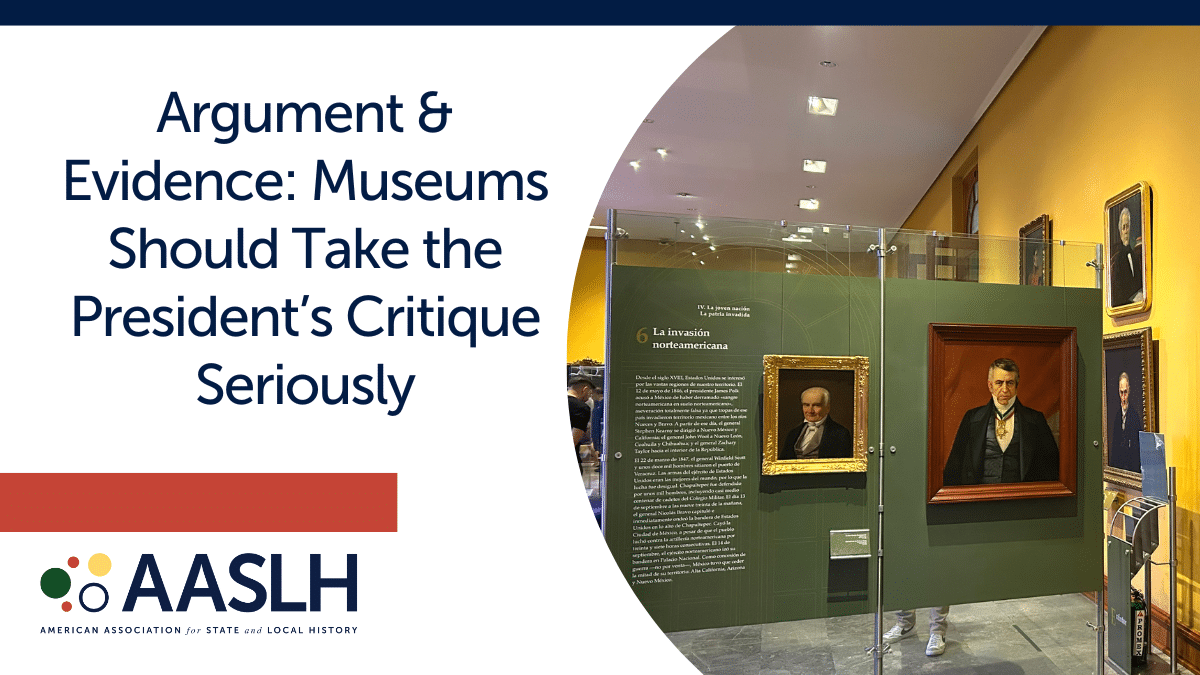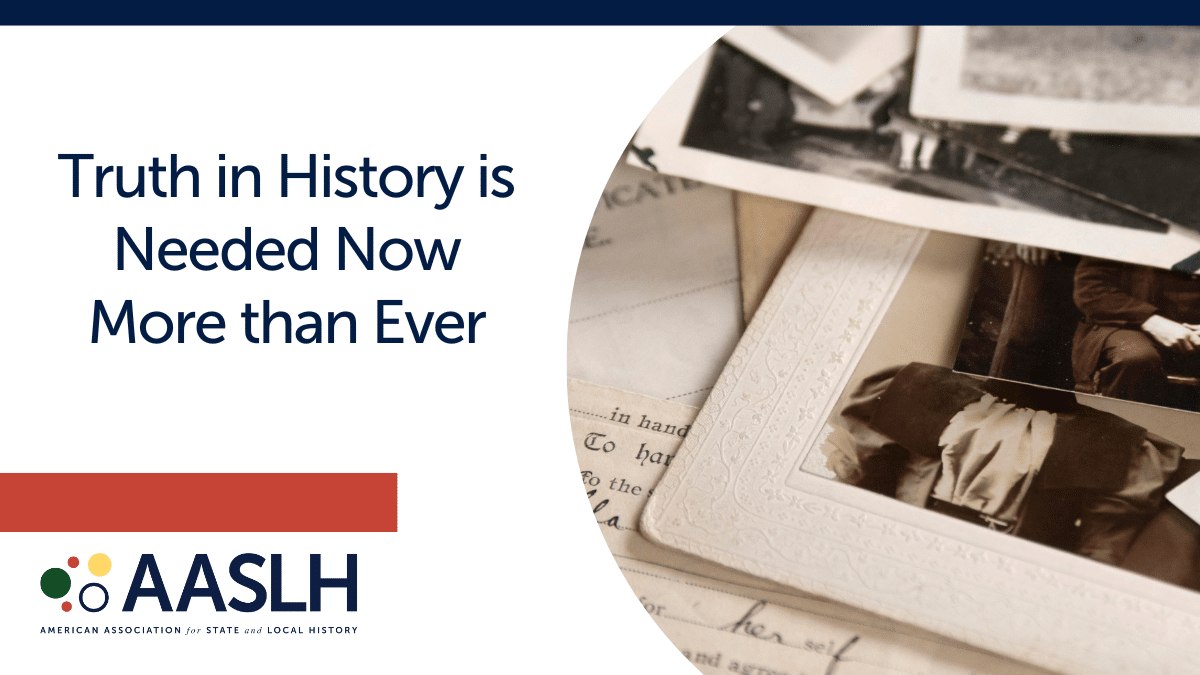
Natchez Trace National Scenic Trail, Mississippi
By Antone Pierucci, Riverside County Regional Park and Open-Space District, Jurupa Valley, CA
It’s too easy to get into the habit of thinking your problems are unique—that the challenges you face at work are somehow, remarkably, not also faced by others. But it’s a habit many of us are guilty of perpetuating—me included.
So, you can understand when I say that I experienced a sort of revelation after reading the announcement that AASLH was launching a new task force to investigate the challenges facing history professionals working within parks agencies. Suddenly, I realized I wasn’t alone. There were others. And now these others were coming together to try to articulate the unique issues facing our subfield, and to try to quantify just how many of us are out there.
Based on the responses AASLH received—and continues to receive on a weekly basis—there are a lot of us.
To better understand the scope of our challenges, the task force organized a roundtable discussion at the 2019 AASLH Annual Meeting in Philadelphia, opening the floor to our fellow park/history professionals by asking a very simple question:
What Challenges Do You Face Working in a Park Agency?
The floodgates opened and we’ve been processing the dozens of responses ever since, trying to ensure that the task force tackles the heart of the issue moving forward. The responses received can be categorized as follows:
- Governance Issues and Challenges
One attendee of the roundtable noted the challenge of trying to tackle museum-related problems in the face of an administration that seemed unwilling to even acknowledge that those problems were indeed unique and could not be solved with a catch-all solution. Such issues of communication are compounded by what another attendee noted are the difficulty of working in an organization where the preservation and/or interpretation of history aren’t included in the agency’s mission statement. The thinking goes that the agency must not place much value on the work we do if they disregard our concerns and omit us from their central mission statement.
- Staffing Issues and Challenges
In addition to the perennial complaint of a lack of staff—a legitimate concern, to be sure—attendees noted the difficulty of having to make do with untrained staff, or staff whose usual duties only extend to recreation. A corollary to these issues is another concern over the misclassification of existing staff positions. Even in a world where we’ve accepted that most of our work falls under “other duties as assigned,” being classified incorrectly can have profound effects, including one’s rate of pay and ability to supervise staff.
- Planning & Assessment Issues and Challenges
Most of the issues expressed in the category stem from the central problem of not being included in the agency’s mission or vision statements, which are the heart of all strategic planning. It should come as no surprise, then, that we never seem to get a seat at the table when discussions of long-term plans are broached. If your work isn’t represented in strategic plans, the likelihood of getting the resources you need for your job are slim to none.
- Funding Issues and Challenges
Budget cuts, too much focus on cost-recovery as a guide to what programming to offer, a lack of a nonprofit support group to apply for grants—these are just some of the many issues attendees noted in relation to funding. Like the other categories, the challenges related to funding are inherently tied to the other issues noted. In many ways, one challenge—say, not being heard—cascades into other issues down the road.
Round Peg in a Square Hole: Fitting our Needs to our Park Agencies

Custer State Park, South Dakota
On the surface, none of these categories seems unique to history in parks—ask any history or museum professional what their top issues are, and you can bet the responses will fit into one of the four categories above.
However, what does set parks/history professionals apart and colors many of our concerns is a pervasive feeling of dislocation—of feeling like a vestigial appendage uselessly flapping at the side of our agencies. At the heart of our governance, staffing, planning, and funding issues is the sense that we aren’t understood and, worse yet, are unable to effectively communicate our unique needs to those in power.
A major source of this frustration is a lack of understanding—on the part of park professionals and, if we are honest with ourselves, our own part. Both parties need to open a dialogue to allow for a better understanding of the other. Like our own profession, the park and rec professional has a language all her own, one that sometimes seems unable to adequately account for the vocabulary of the history professional. Languages can be learned, however, and vocabularies expanded.
Over the next few months, we’ll attempt to provide insight into these various issues and offer up our own tips and tricks—often learned the hard way—for not just surviving, but thriving in a park agency. Future blog posts will include tips on:
- Mastering internal advocacy through strategic partnerships and by establishing our own narrative
- Revising our expectations
- Navigating the budgetary and finance maze of parks agencies
Moving forward, the History in Our Parks Task Force will also be working to address the heart of the problem through a multi-pronged approach that will try to bridge the gap between us and our parks and rec colleagues. Stay tuned for more details.



